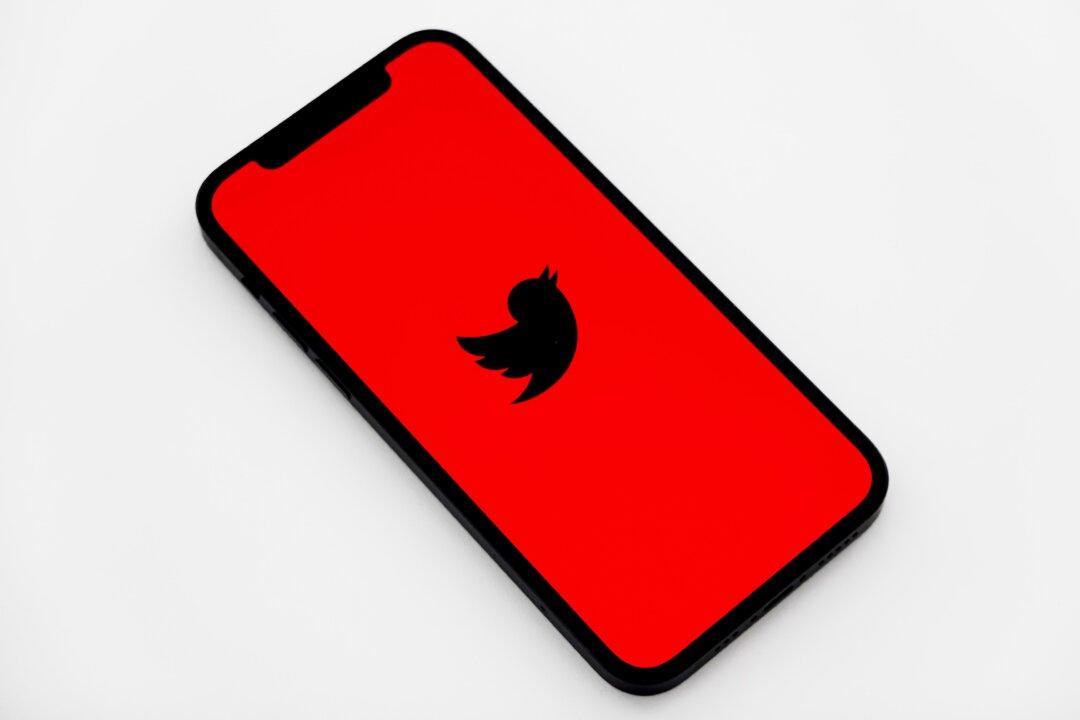Commentary
There was great drama over the weekend when Twitter, without explanation then or now, suddenly started labeling all content from the domain of The Epoch Times as unsafe. The page to which the reader was referred was once reserved for sites that are malicious or spammy or otherwise represent a technological threat. Years ago, users appreciated such warnings as a way of warding off malware that could harm our machines and local networks.





